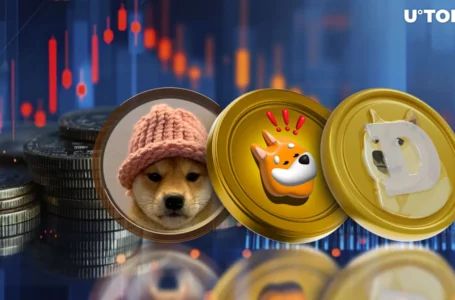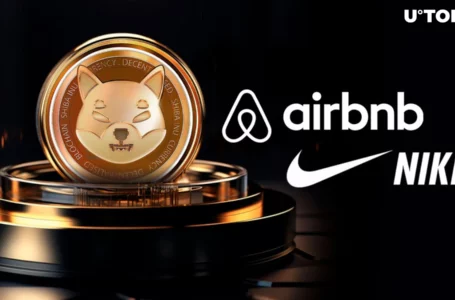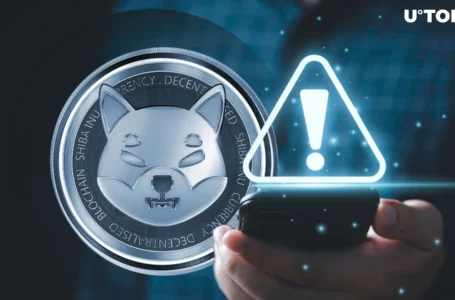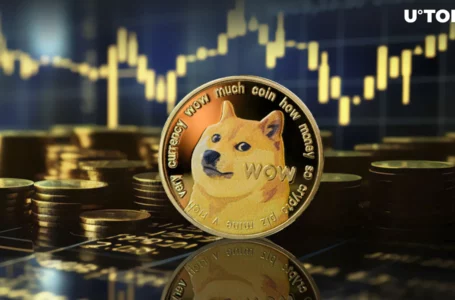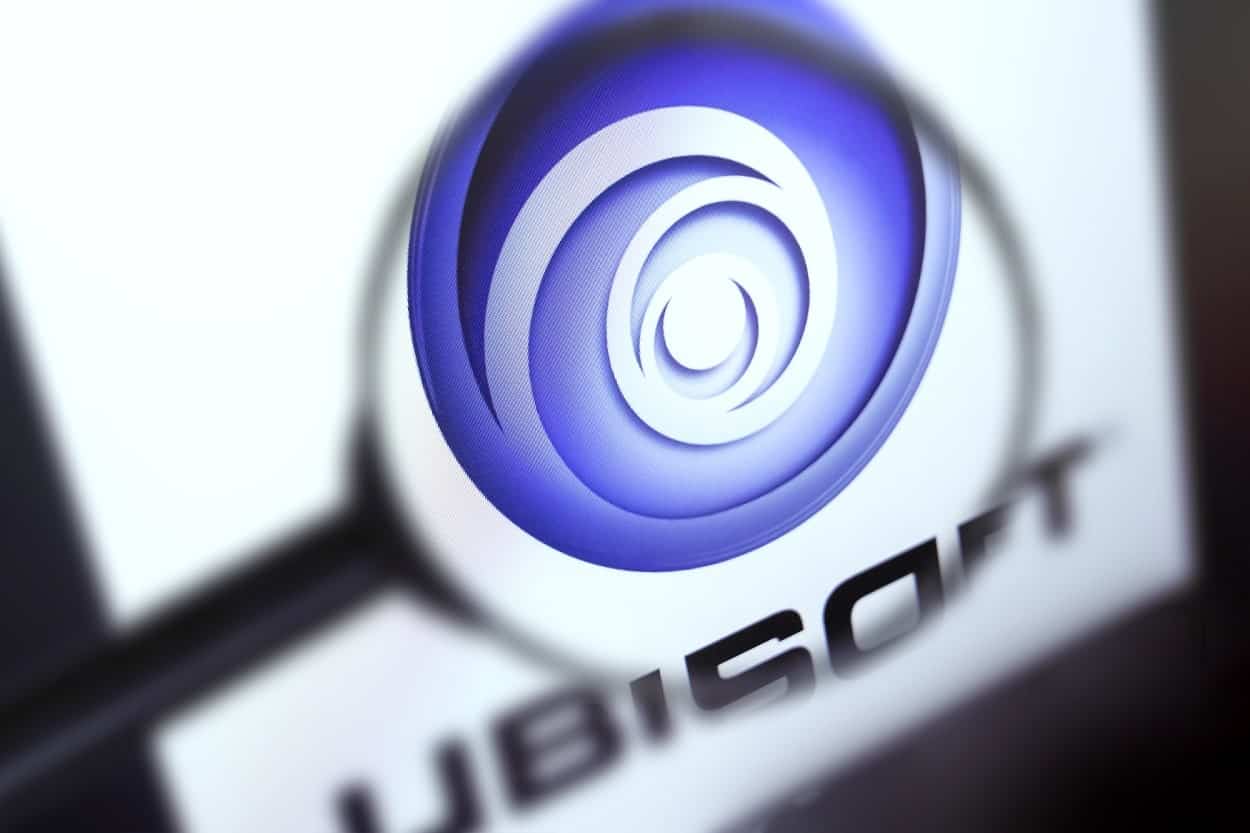
Ubisoft – a giant in the gaming industry – recently announced its intention to integrate NFTs into its games. These NFTs will be known as “Digits”, containing their own unique serial numbers while being tradable in the crypto market.
NFTs and Ghost Recon
Ubisoft announced its NFT project in a tweet earlier today. The company will offer its tokens through its new platform – Ubisoft Quartz – which allows users to collect “the first playable and energy-efficient NFTs.” As its games’ NFTs will be stored on Tezos – a proof-of-stake blockchain – ethical concerns regarding environmental harm are a virtual non-issue.
“Ubisoft Quartz is a new experience for our players, built on our vision to create an ever greater connection between you and the gaming worlds you love,” read the Ubisoft website. “It aims to give you more autonomy and agency when interacting with in-game objects that help you create your own story.”
The first digits will be released in beta for Tom Clancy’s Ghost Recon Breakpoint, which comes out Thursday. These initial NFTs will come in the form of aesthetic, in-game gear, and may be purchased using cryptocurrency in any of the game’s launch countries.
Unlike typical game skins, each item will have a unique serial number for all players, making them “non-fungible”. Plus, they can be bought and sold on Tezos by gamers who don’t even play Ghost Recon or future NFT compatible games. However, the numbers used in the game will have their previous owner’s Gamertags listed for “years to come”.
Gamer’s Aversion To NFTs
Ubisoft is famous for releasing bestselling games including Assassin’s Creed and Far Cry. The former’s latest release “Valhalla,” raked in 1.8 million sales within its first week. By integrating NFTs into its games, Ubisoft can bring a whole new market segment into the NFT space, much of which is already tech-savvy.
However, players have not welcomed NFTs in the past. Discord – a communication platform commonly used by gamers – has backed down on its Ethereum / NFT integration plans following a massive backlash from the community. Many were concerned about the perceived environmental impact of NFTs, combined with the widespread scams and hacks that still plague the crypto space.

